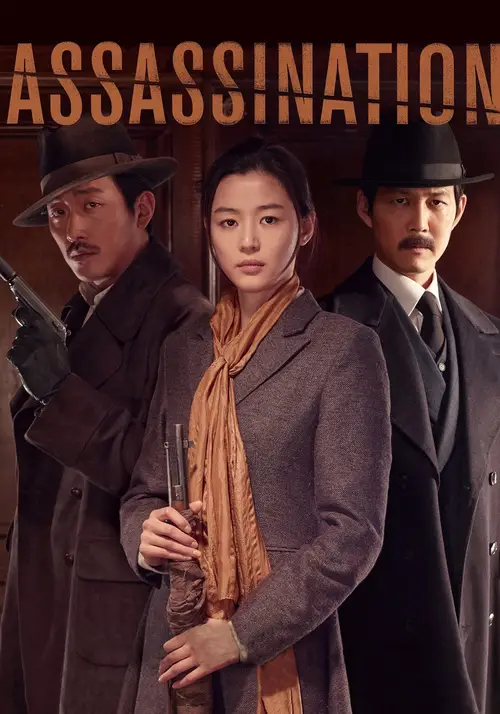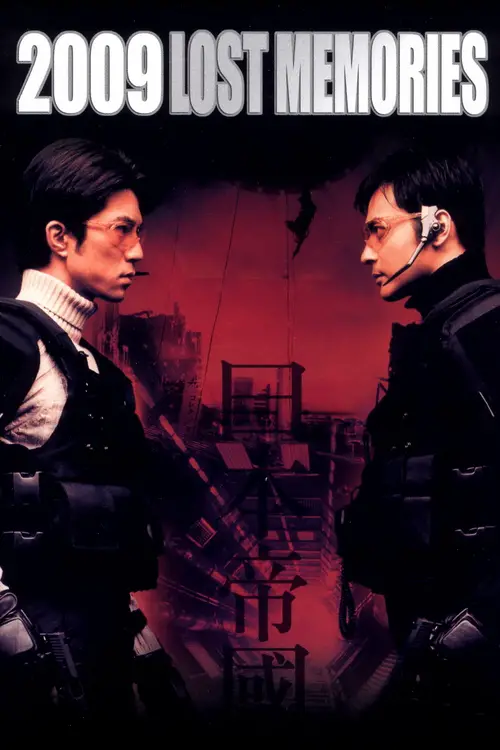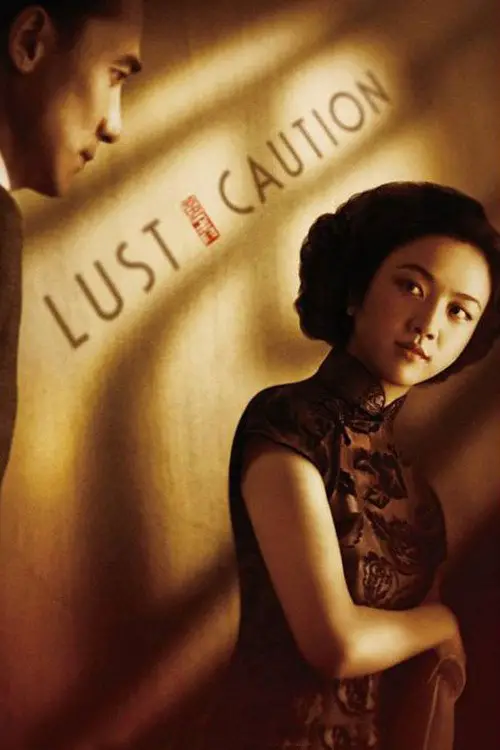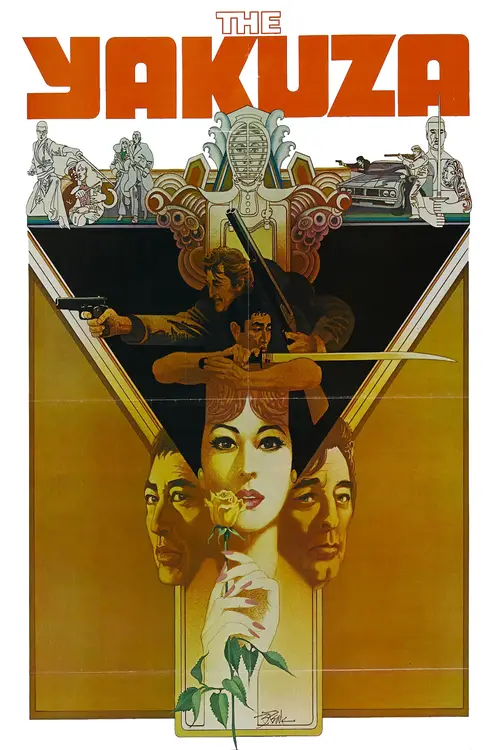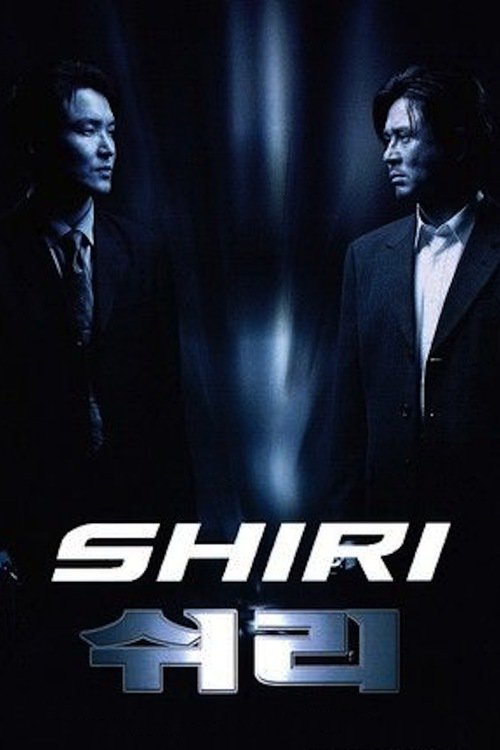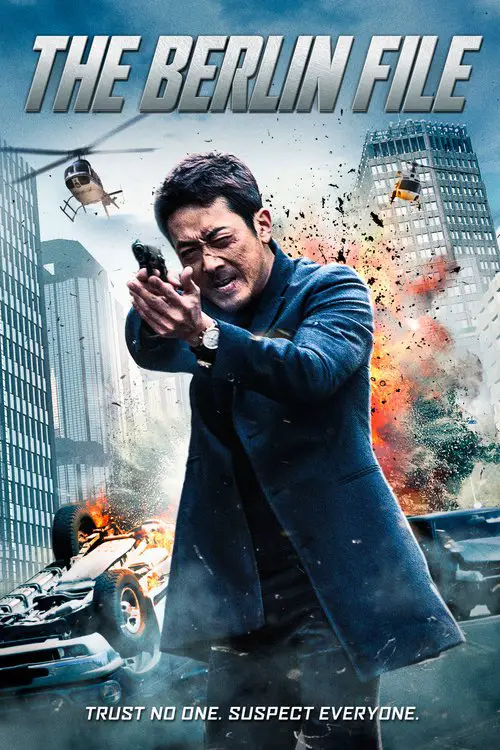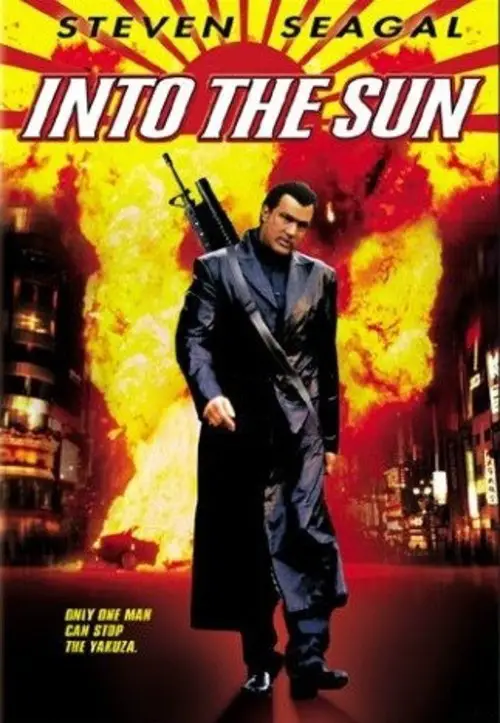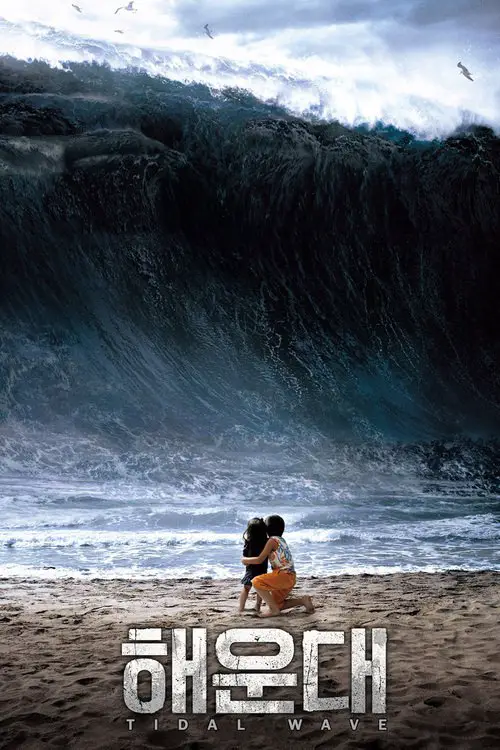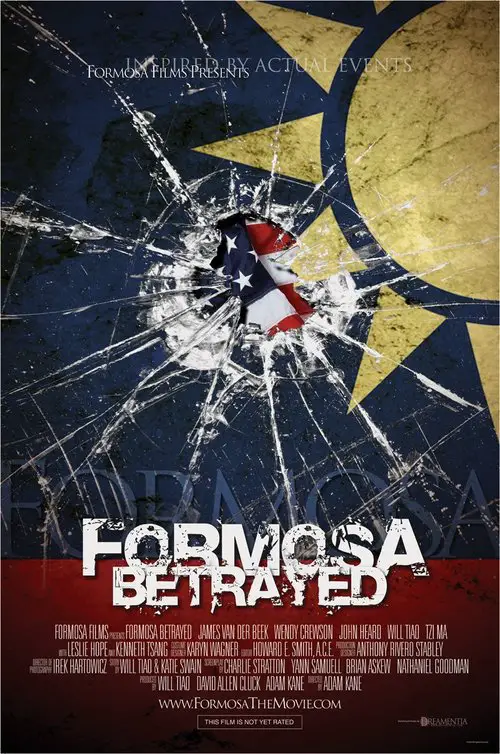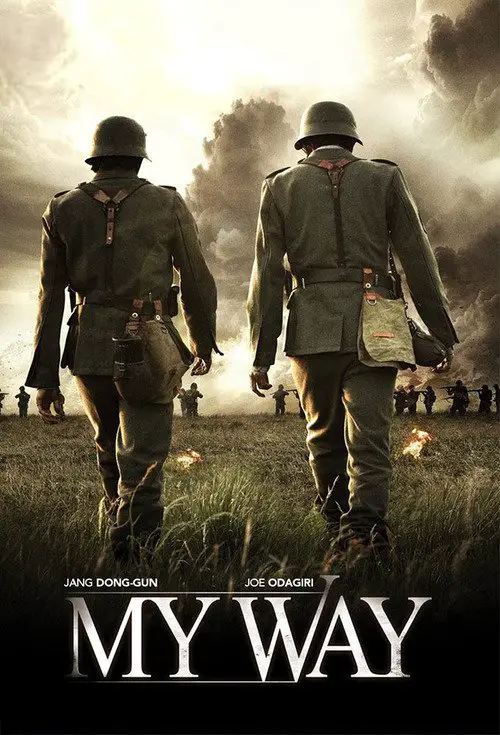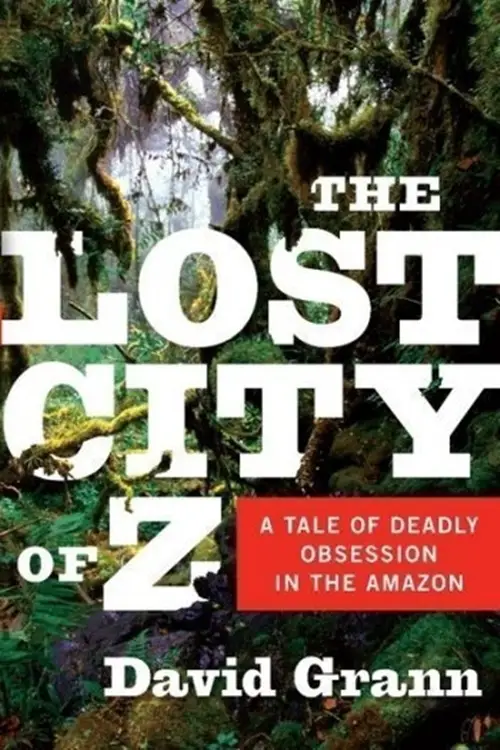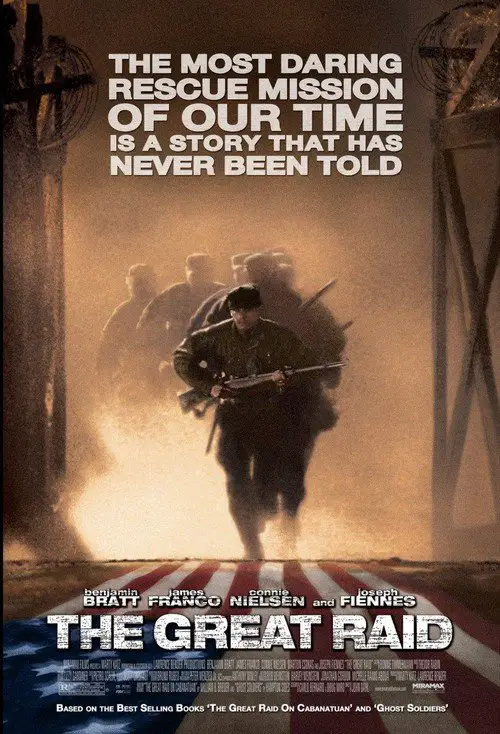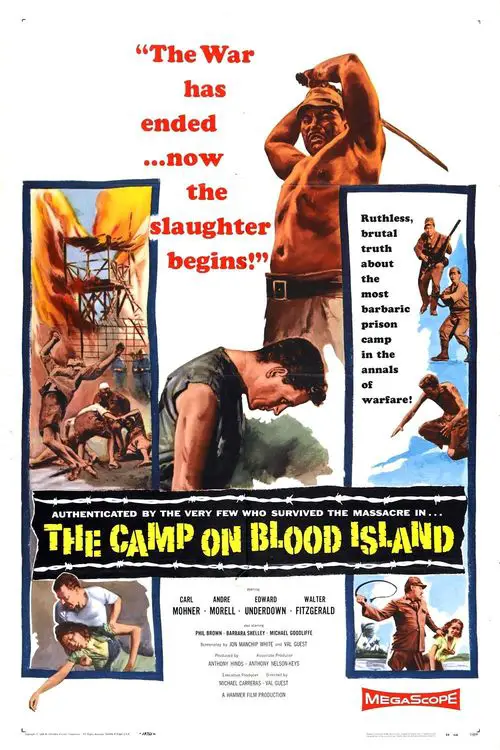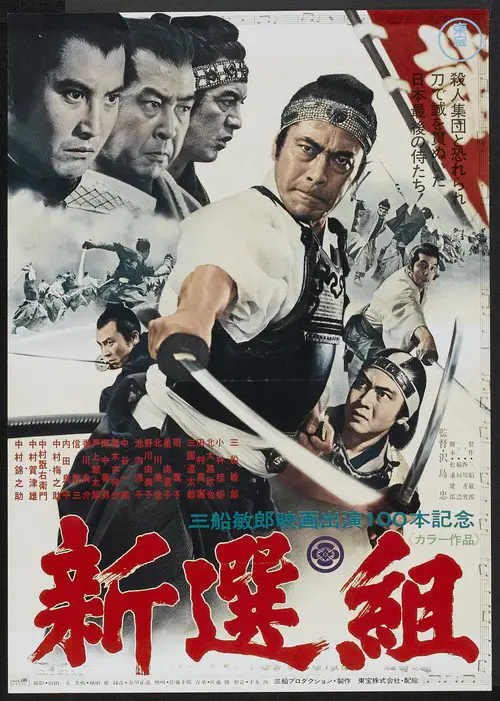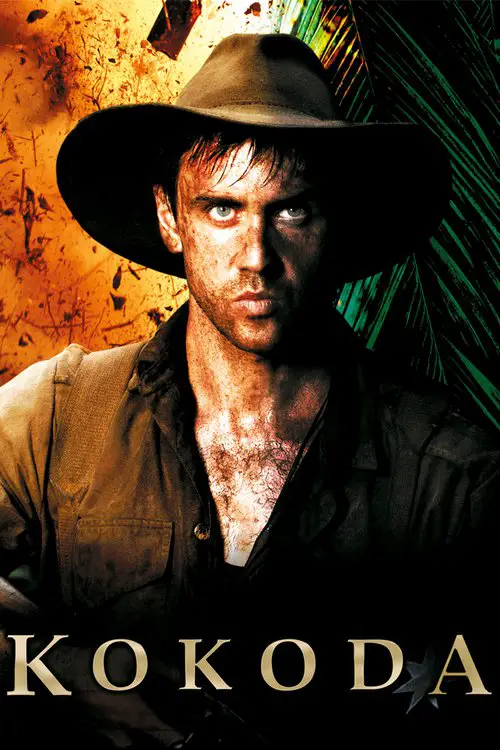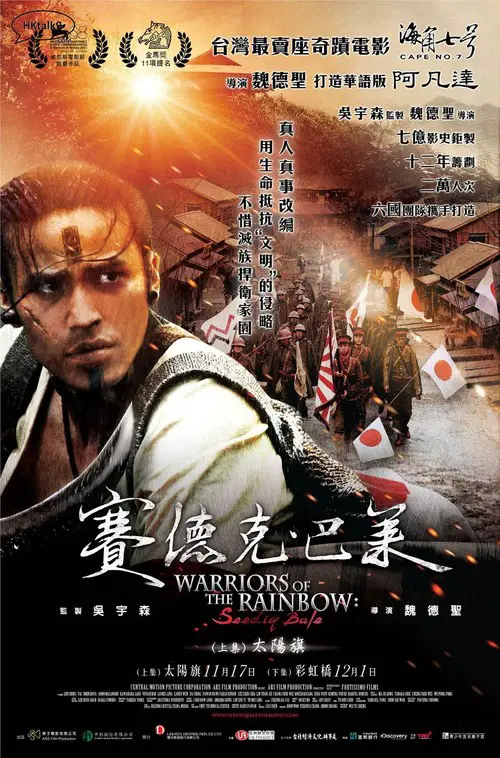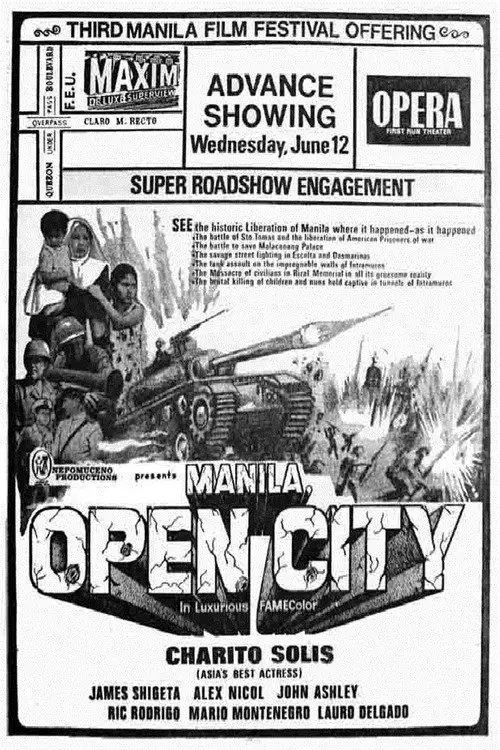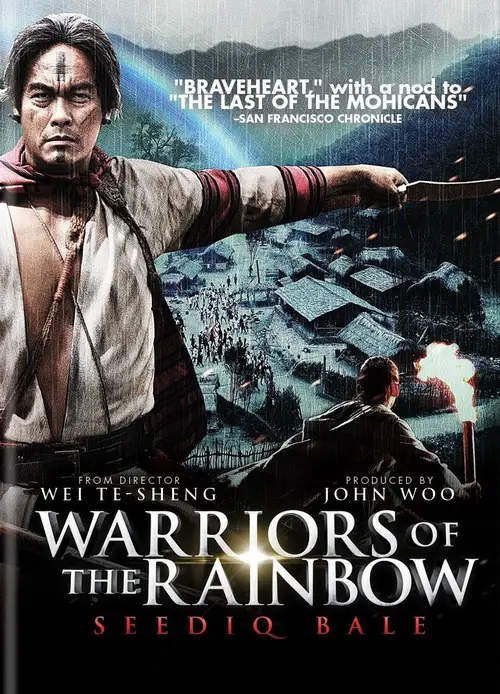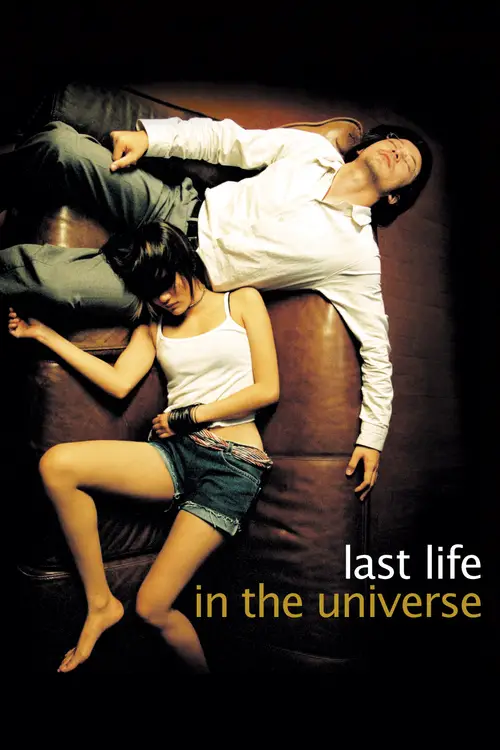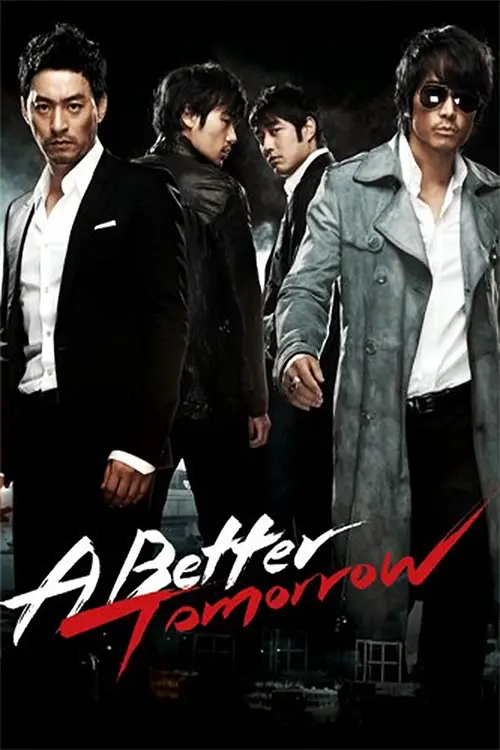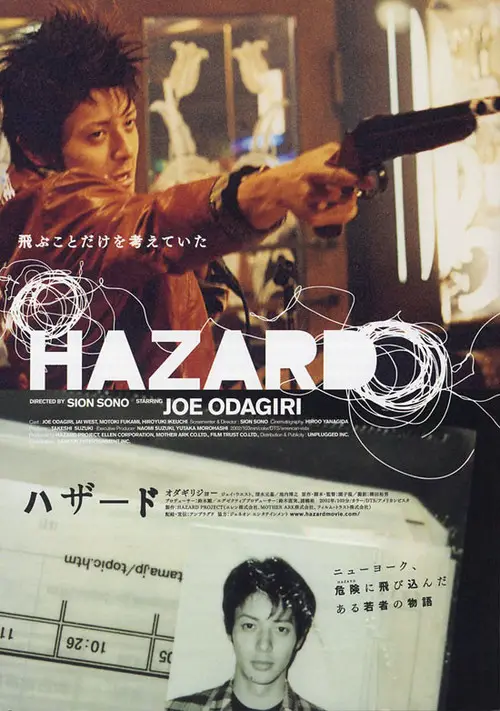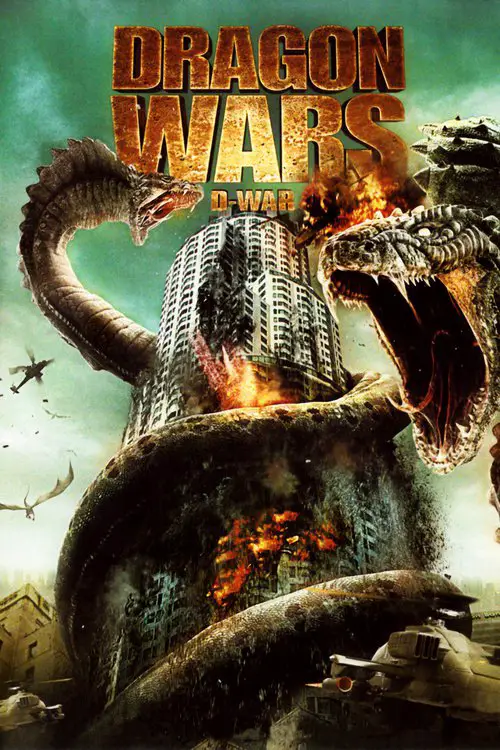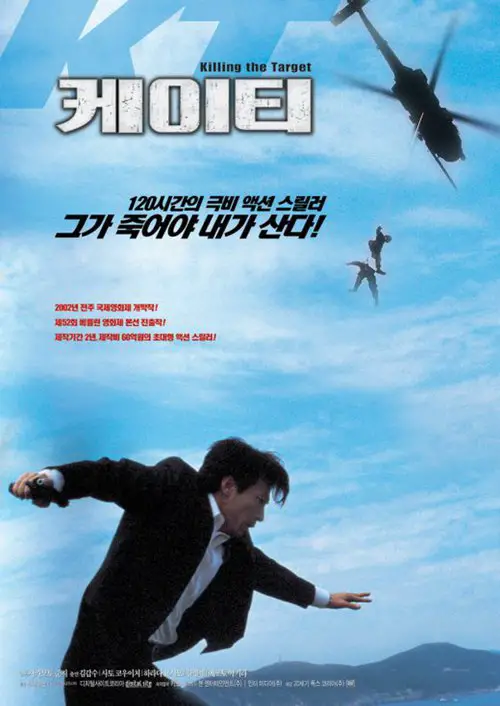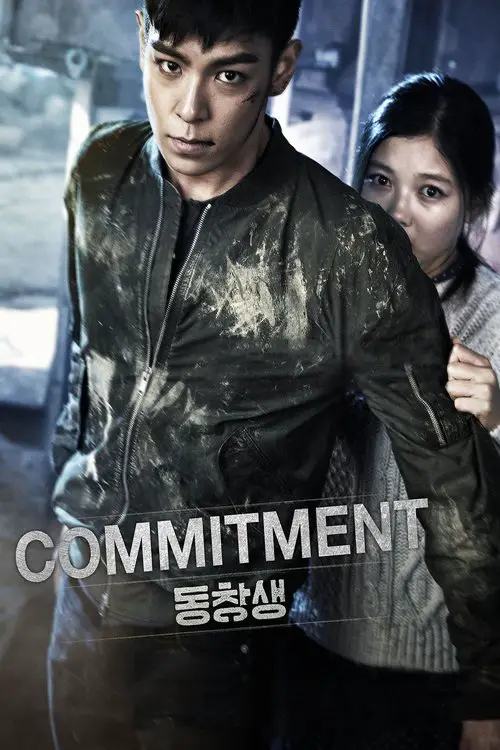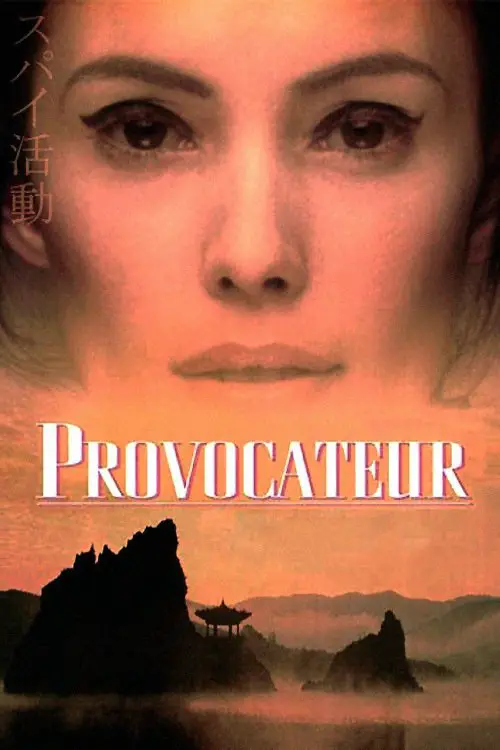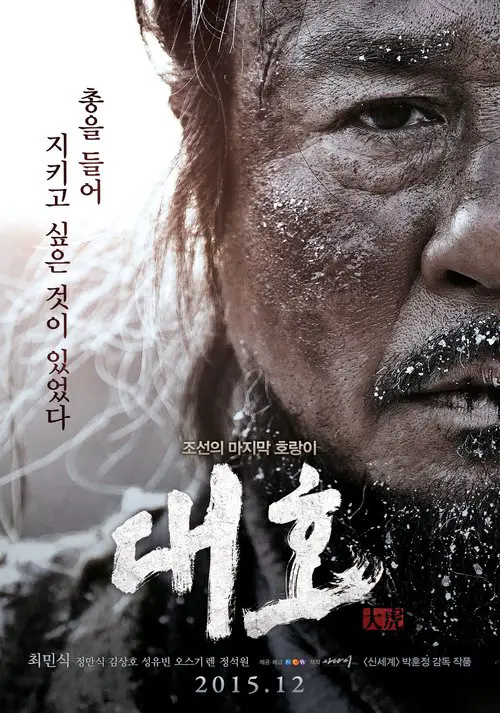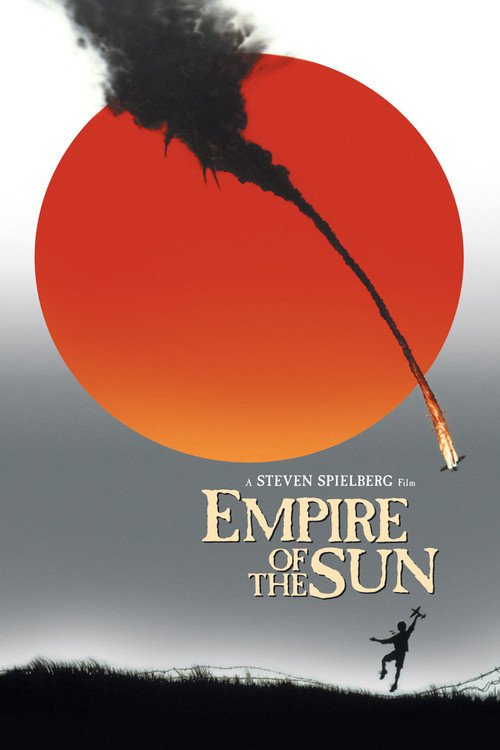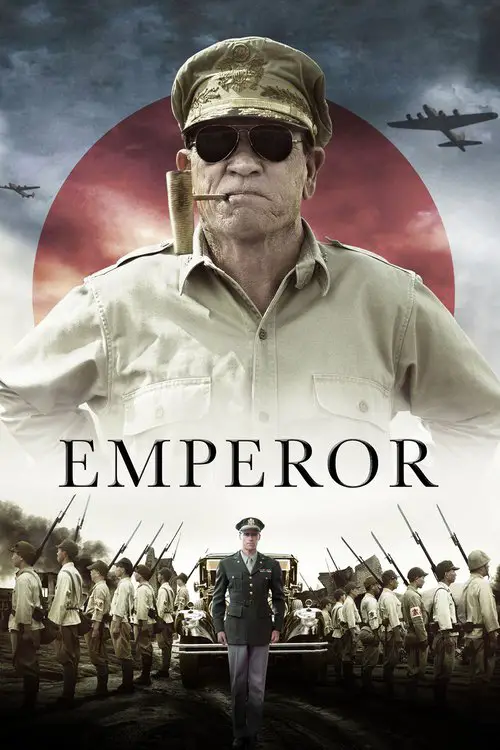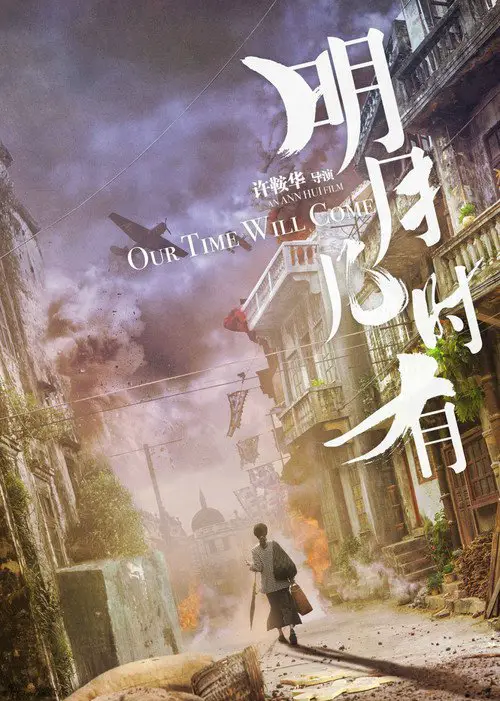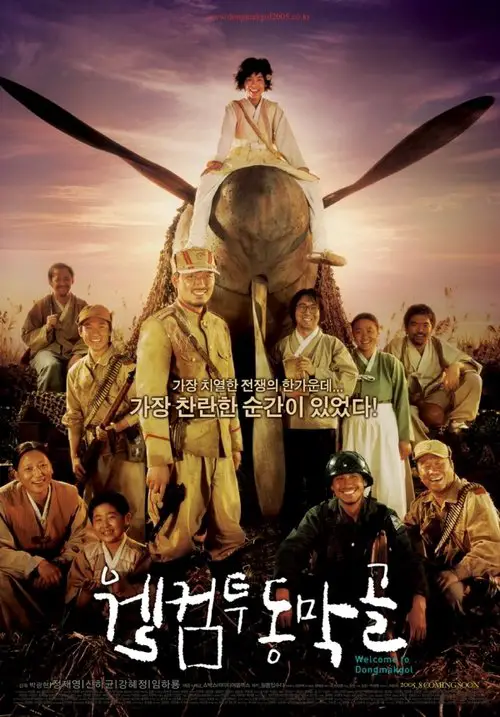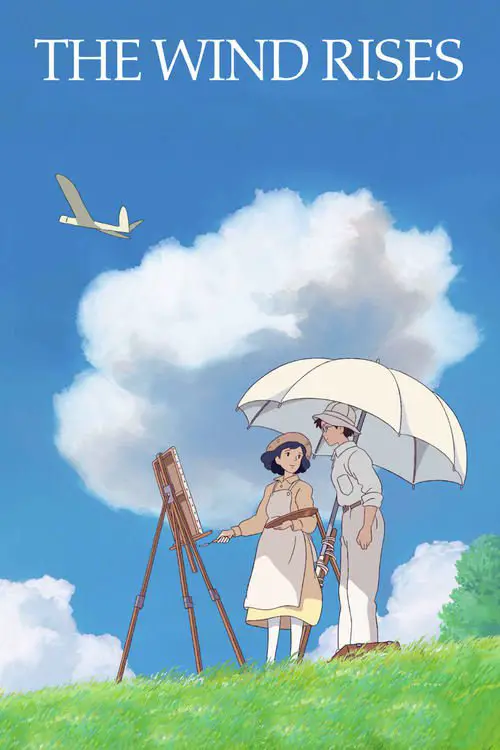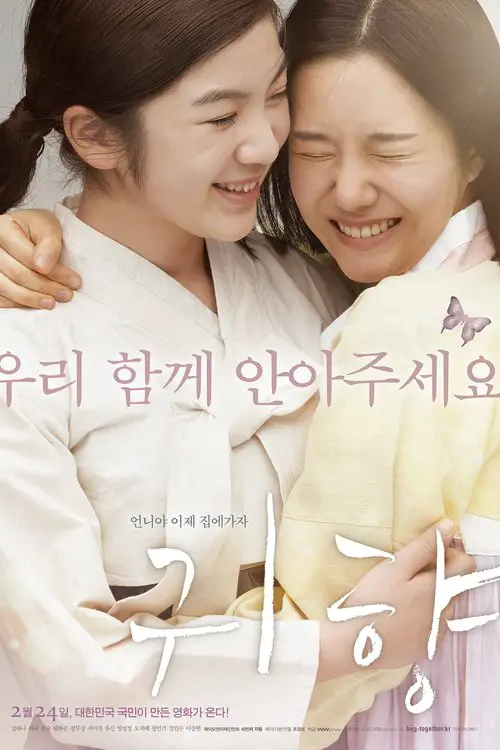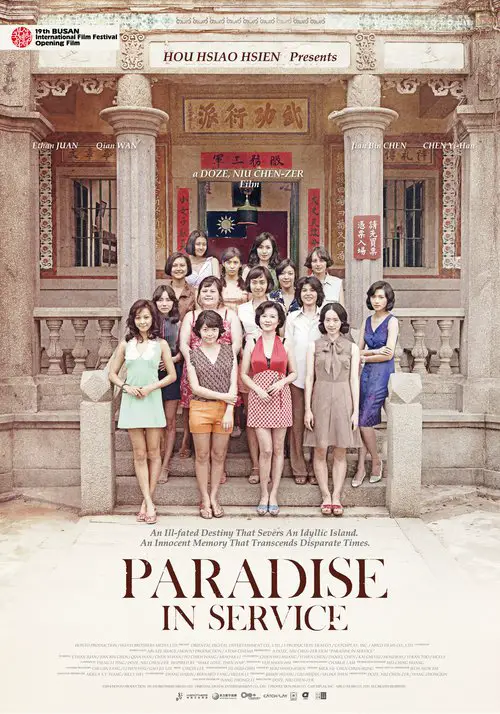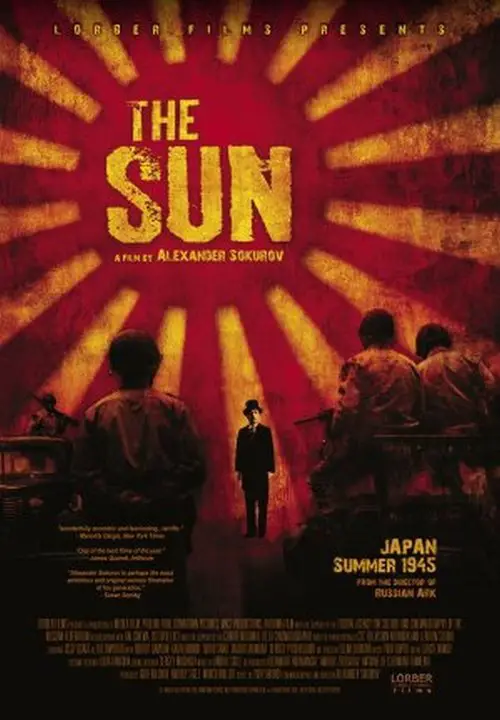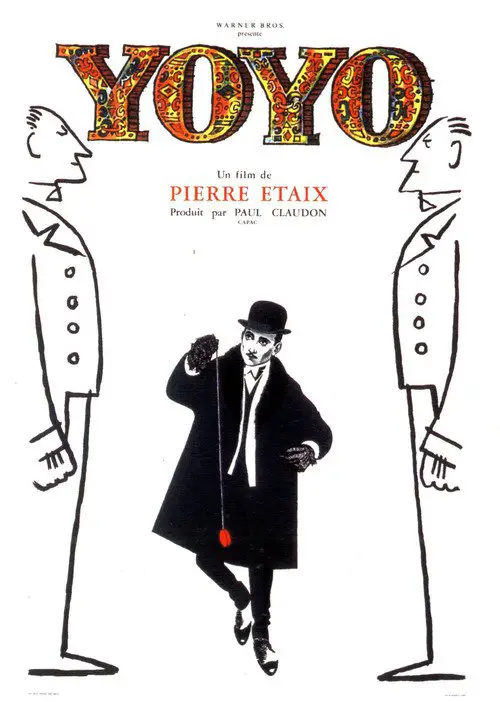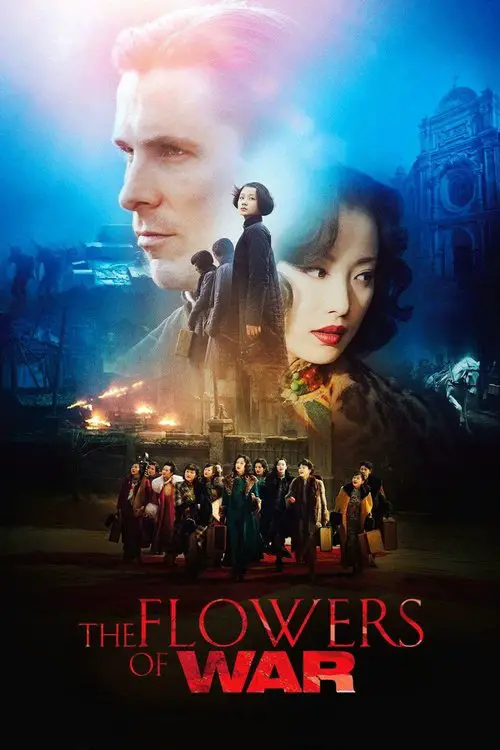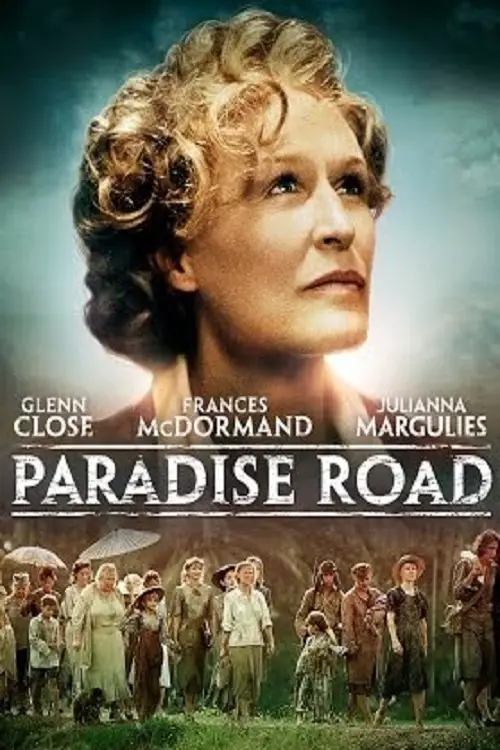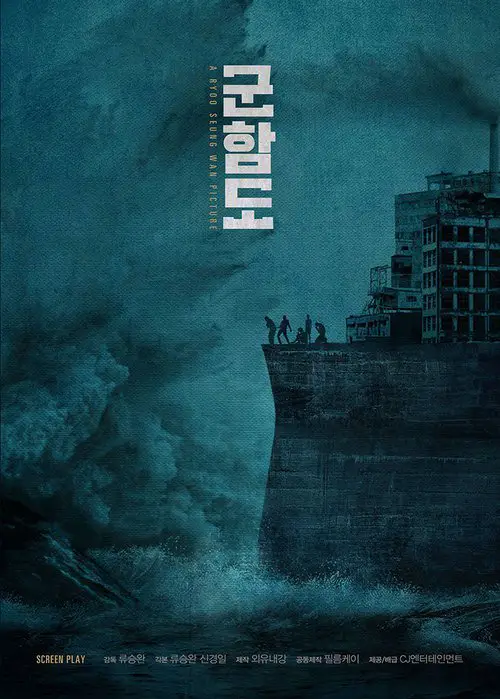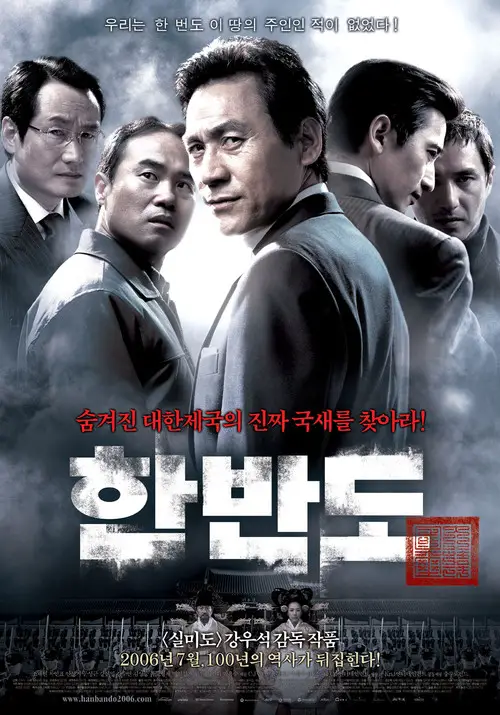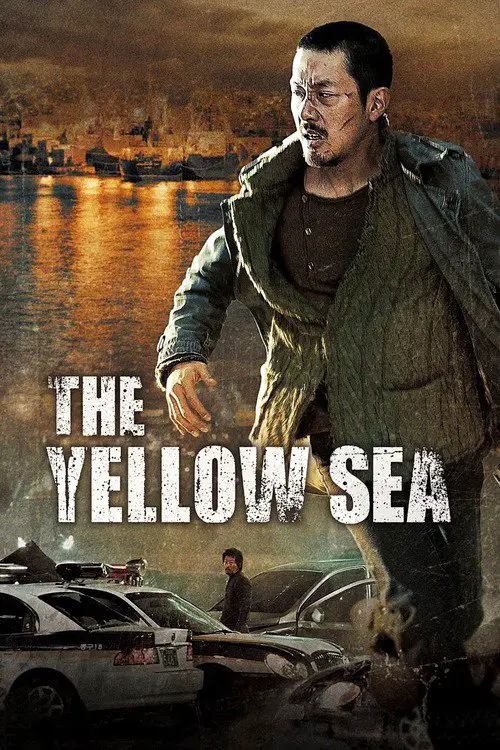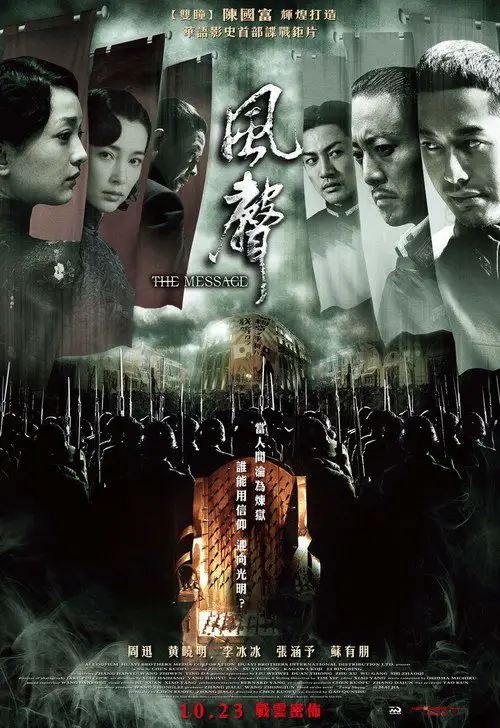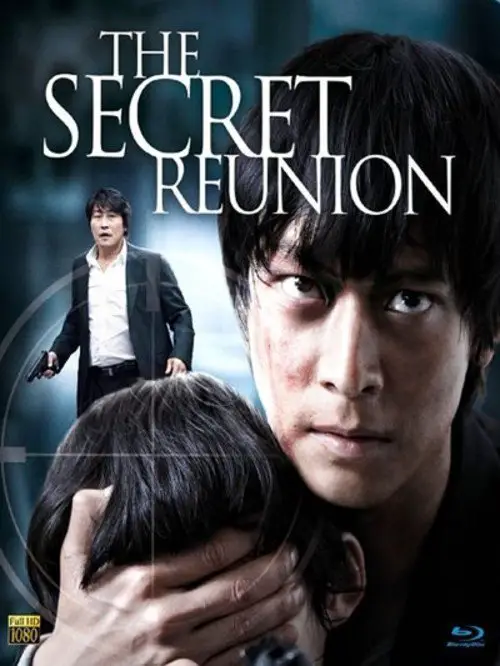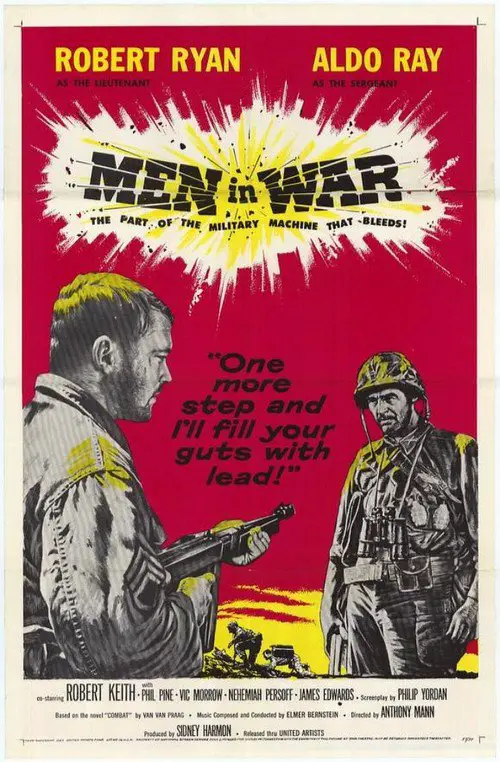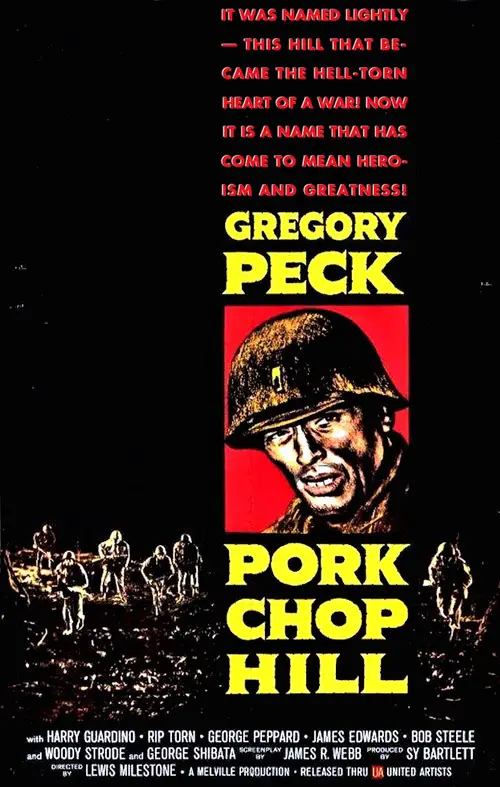The Age of Shadows (2016)
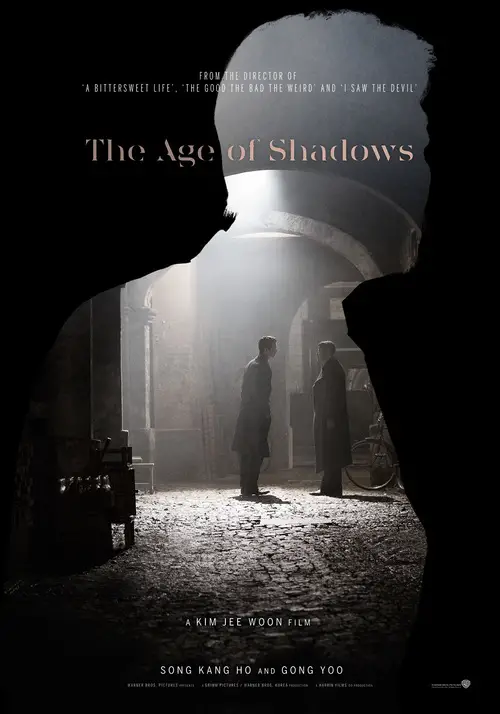
Similar movies
There are breakpoints in the history, the result of a single event may change the whole course. In 1909, an assassination attempt of a Japanese governor fails. Now, in 2009, Korea is just another state of Japan's Empire & Seoul has become a major city. A Korean resistance group fights for liberty, independence & the restoration of true history. Two cops, Japanese & Korean, investigate the group.
North Korea's 8th Special Forces hijacks a shipment of CTX, a potent new liquid explosive, and threatens South Korea as part of a plot to re-unify the two countries.Ryu and Lee, special agents of O.P., South Korea's secret intelligence service, attempt to track down the terrorists and find the CTX. Meanwhile Hee, the 8th's ultra-bad female sniper, resurfaces to wreak havoc and haunt Ryu.
JUNG Jin-soo, a South Korean intelligence agent, comes across an unidentifiable operative, a 'ghost,' while surveilling a North Korean weapons deal in Berlin. The mystery figure is a North Korean secret agent, PYO Jong-seong, whose information cannot be found on any intelligence database. Jung quickly goes after Pyo to unveil his identity and gets himself embroiled in a vast international conspiracy. In the meanwhile, another North Korean operative, DONG Myung-soo, is dispatched to Berlin with a secret agenda to purge Pyo and take control of the North Korean embassy. Dong sets a trap to frame Pyo's wife, RYUN Jung-hee, for treason and tightens the noose around Pyo's neck. Pyo surveils his wife with hopes of clearing accusation against her but he plunges into deeper confusion when he discovers her secret.
Originally released in Japan simply as "Gojira" in 1984, this is the heavily re-edited, re-titled "Godzilla 1985". Adding in new footage of Raymond Burr, this 16th Godzilla film ignores all previous sequels and serves as a direct follow-up to the 1956 "Godzilla King of the Monsters", which also featured scenes with Burr edited into 1954's "Gojira". This film restores the darker tone of the original, as we witness the nuclear destruction of giant lizard terrorizing Japan.
After the assassination of Tokyo's Governor by Yakuza members, the CIA bureau chief (William Atherton) for Tokyo puts out a call to an agent (Steven Seagal) that had been raised in Japan and trained by ex-Yakuza. Using his former ties, he quickly determines that a war is brewing between old-guard Yakuza members and a young, crazed leader (Takao Osawa) with ties to the Chinese Tong.
Man-sik and Yeon-hee, are unsure as to whether they can overcome past wounds and continue being a couple. Dr. Kim, who cautions against a possible mega-tsunami at Haeundae, collapses in agony springing from an unexpected turn-up of his daughter and divorced wife. Hyoung-sik, after rescuing a woman from Seoul, rides out a ferocious storm to gladden her heart. A tsunami which destroys Haeundae symbolizes the establishment of a typical axis called provocation of conflicts, and later the inner spaces of the couples without anything left behind after all conflicts have ended
In the early 1980s, an FBI Agent is assigned to investigate the murder of a respected professor. Through his investigation, he unearths a spider web of international secrets that has been thriving within college campuses across America for decades. His investigation takes him across the Pacific to the island nation of Taiwan, where with the help of the outspoken widow and an unlikely spy, he learns that the Professor's killing was not a random act, but a desperate move by a scandalous government intent on keeping its nefarious activities under wraps. Our detective soon finds himself on a collision course against the U.S. State Department, the Chinese Mafia, and the Nationalist Chinese Government - in a land where the truth is not what it seems and the only people he can trust, cannot be trusted at all. Inspired by actual events.
Inspired by a true story. Jun Shik works for Tatsuo's grandfather's farm while Korea is colonized by Japan, but he has a dream to participate in Tokyo Olympics as a marathon runner. Tatsuo also aims to become a marathon runner, so the two are in rivalry. But war breaks out and they both are forced to enlist in the army. Tatsuo becomes the head of defense in Jun Shik's unit and he devises a scheme but fails. Jun Shik and Tatsuo are captured by the Soviets. They run away but soon are captured by Germans and forced to separate. In 1944, they meet again at the shores of Normandy.
Nathan Algren is an American hired to instruct the Japanese army in the ways of modern warfare -- in this lush epic set in the 1870s, which finds Algren learning to respect the samurai and the honorable principles that rule them. Pressed to destroy the samurai's way of life in the name of modernization and open trade, Algren decides to become an ultimate warrior himself and to fight for their right to exist.
On 31 January 1968, 31 North Korean commandos infiltrated South Korea in a failed mission to assassinate President Park Chung-hee. In revenge, the South Korean military assembled a team of 31 criminals on the island of Silmido to kill Kim Il-sung for a suicide mission to redeem their honor, but was cancelled, leaving them frustrated. It is loosely based on a military uprising in the 1970s.
Set in a Japanese prisoner of war camp during World War II, the film focuses on the brutality and horror that the allied prisoners were exposed to as the Japanese metered out subjugation and punishment to a disgraced and defeated enemy. This harrowing drama concentrates on the deviations of legal and moral definitions when two opposing cultures clash. Although fictional, this was one of the earliest films to deal realistically with life and death in a Japanese prisoner-of-war camp during the Second War.
A humble and simple Takezo abandons his life as a knight errant. He's sought as a teacher and vassal by Shogun, Japan's most powerful clan leader. He's also challenged to fight by the supremely confident and skilful Sasaki Kojiro. Takezo agrees to fight Kojiro in a year's time but rejects Shogun's patronage, choosing instead to live on the edge of a village, raising vegetables. He's followed there by Otsu and later by Akemi, both in love with him. The year ends as Takezo assists the villagers against a band of brigands. He seeks Otsu's forgiveness and accepts her love, then sets off across the water to Ganryu Island for his final contest.
Near the end of the nineteenth century, as the balance of power shifts from Shogunate towards the Emperor, Japan restlessly awaits the dawning of a new age. But not all are content...The Shinsengumi, a small army of samurai, farmers and peasants, band together to do battle against the tide of history. Their leader, Isami Kondo (Mifune) is a man who rises from farmer to fighter to head the fierce Shinsengumi brigade. Using a stern hand and a heart of gold, he rallies his men in defense of the tottering Shogunate. But bloodshed and treachery lurk around every corner.
Mouna Rudo was born and raised among the Seediq people, an indigenous tribe in Taiwan, and as he grew to be a man he became a member of the Seediq Bale, a courageous band of native warriors. However, Rudo's way of life is threatened under the yoke of occupying forces from Japan, who took over the nation in 1895. As Rudo sees the traditions and honor of his people stripped away, he realizes the time has come to fight back, and in 1930 he brings together a group of former Seediq Bale soldiers, many of whom have been reduced to infighting, and molds them into a revolutionary army. Rudo and his comrades make their stand when they confront Japanese occupation troops at a youth athletic event, leading to a violent confrontation between the Seediq forces and their oppressors. Warriors of the Rainbow: Seediq Bale - Part 1: The Sun Flag is Part one of the two-part, four-hour Taiwanese edition of the film Warriors of the Rainbow.
Mouna Rudo was born and raised among the Seediq people, an indigenous tribe in Taiwan, and as he grew to be a man he became a member of the Seediq Bale, a courageous band of native warriors. However, Rudo's way of life is threatened under the yoke of occupying forces from Japan, who took over the nation in 1895. As Rudo sees the traditions and honor of his people stripped away, he realizes the time has come to fight back, and in 1930 he brings together a group of former Seediq Bale soldiers, many of whom have been reduced to infighting, and molds them into a revolutionary army. Rudo and his comrades make their stand when they confront Japanese occupation troops at a youth athletic event, leading to a violent confrontation between the Seediq forces and their oppressors. Warriors of the Rainbow: Seediq Bale - Part 2: The Rainbow Bridge is Part two of the two-part, four-hour Taiwanese edition of the film Warriors of the Rainbow.
An obsessive-compulsive Japanese librarian living in Bangkok spends most of his days contemplating suicide in his lifeless apartment. His life changes when he witnesses the death of Nid, seconds before he was about to jump off a bridge. This brings him in contact with Nid's elder sister Noi - these two lost and lonely souls help each other find the meaning to their meaningless existences.
The son of a North Korean spy decides to follow in his father's footsteps to protect his little sister. After his fatherâs botched espionage mission, North Korean Myung-hoon and his young sister Hye-in are sent to a labor prison camp. In order to save his sisterâs life, Myung-hoon volunteers to become a spy and infiltrates the South as a teenage defector. While attending high school in the South, he meets another girl named Hye-in, and rescues her when she comes under attack. South Korean Intelligence soon discover Myung-hoonâs activities and begin tracking him, all the while his own government sends a vicious assassin to eliminate him.
In 1942 British soldier Jack Celliers comes to a japanese prison camp. The camp is run by Yonoi, who has a firm belief in discipline, honour and glory. In his view, the allied prisoners are cowards when they chose to surrender instead of commiting suicide. One of the prisoners, interpreter John Lawrence, tries to explain the japanese way of thinking, but is considered a traitor.
In the 1940s, school teacher Fang Lan becomes embroiled with the resistance efforts of local guerilla group Dongjiang during the Japanese occupation of Hong Kong. Fang is recruited by one of the resistance group's captain Blackie Lau after assisting the group with a rescue mission of novelist Mao Dun. Fang's mother volunteers to take her place as a courier for a mission and is arrested. To save her mother, Fang finds herself turning to a childhood sweetheart, who now works at the Japanese occupation headquarters.
Based on the internationally acclaimed novel by Arthur Golden, Memoirs of a Geisha is a sweeping romantic epic set in a mysterious and exotic world that still casts a potent spell today. The story begins in the years before WWII when a penniless Japanese child is torn from her family to work as a maid in a geisha house.
The film is set during the period of growing influence of the Indian independence movement in the British Raj. It begins with the arrival in India of a British woman, Miss Adela Quested (Judy Davis), who is joining her fiancé, a city magistrate named Ronny Heaslop (Nigel Havers). She and Ronny's mother, Mrs. Moore (Peggy Ashcroft), befriend an Indian doctor, Aziz H. Ahmed (Victor Banerjee).
A dramatic history of Pu Yi, the last of the Emperors of China, from his lofty birth and brief reign in the Forbidden City, the object of worship by half a billion people; through his abdication, his decline and dissolute lifestyle; his exploitation by the invading Japanese, and finally to his obscure existence as just another peasant worker in the People's Republic.
The Wind Rises is the 11th animated theatrical film directed by Hayao Miyazaki at Studio Ghibli. Based on Miyazakiâs own manga and the 1937 short novel of the same name by Tatsuo Hori, this is the story of JirÅ Horikoshi, the aircraft engineer most remembered for his design work on the Mitsubishi A6M Reisen âZeroâ, Japanâs famous World War II fighter aircraft. During the WWII years, the Miyazaki family business manufactured aircraft parts, including the windshields and rudders used on the Zero.
Two Korean girls, Jung-Min (14) and Young-hee (15) are kidnapped by the Japanese Imperial Army and taken to a 'Comfort Station' in China. There, they join other kidnapped girls in serving Japanese soldiers as sexual slaves known as 'Comfort Women'. Decades later, an elderly lady attempts to reunite with the spirit of her lost friend. Inspired by the testimony of Kang Il-chul.
City of Life and Death takes place in 1937, during the height of the Second Sino-Japanese War. The Imperial Japanese Army has just captured the then-capital of the Republic of China, Nanjing. What followed was known as the Nanking Massacre, or the Rape of Nanking, a period of several weeks wherein tens of thousands of Chinese soldiers and civilians were killed.
Set in the island Kinmen, often seen as the most dangerous military base because itâs geographically close to China, "Paradise in Service" follows the adventure of a boy who serves his military service in Unit 831 from 1969 to 1972, in preparation for a war that could erupt anytime. Through an unlucky lottery draw result, Pao, a twenty-something young man from Southern Taiwan has to serve the military in the remote and perilous Kinmen. Moreover, he is assigned to the Sea Dragon (ARB), a unit noted for the toughest physical training. It never occurs to Pao, however, that the greatest challenge in his military service lies not in the Sea Dragon but in Unit 831, a special task he is later appointed to⦠In this peculiar assignment, Pao vows to keep his virginity against all odds.
The Sun (Russian: СóлнÑе, Solntse) is a 2005 Russian biographical film depicting Japanese Emperor ShÅwa (Hirohito) during the final days of World War II. The film is the third drama in director Aleksandr Sokurov's trilogy, which included Taurus about the Soviet Union's Vladimir Lenin and Moloch about Nazi Germany's Adolf Hitler.
Paradise Road is a 1997 film which tells the story of a group of English, American, Dutch and Australian women who are imprisoned in Sumatra during World War II. It was directed by Bruce Beresford and stars Glenn Close as beatific Adrienne Pargiter, Frances McDormand as the brash Dr. Verstak, Pauline Collins as missionary Margaret Drummond (based on missionary Margaret Dryburgh), Julianna Margulies as American socialite Topsy Merritt, Jennifer Ehle as British doyenne and model Rosemary Leighton Jones, Cate Blanchett as Australian nurse Susan McCarthy and Elizabeth Spriggs as dowager Imogene Roberts. Basing his picture on real events, Bruce Beresford tells the story of a vocal orchestra created by the women in a Japanese P.O.W. camp, a classic survivors' tale extolling women's ability to survive hardship and atrocity through perseverance, solidarity and creativity.
In the DMZ separating North and South Korea, two North Korean soldiers have been killed, supposedly by one South Korean soldier. But the 11 bullets found in the bodies, together with the 5 remaining bullets in the assassin's magazine clip, amount to 16 bullets for a gun that should normally hold 15 bullets. The investigating Swiss/Swedish team from the neutral countries overseeing the DMZ suspects that another, unknown party was involved - all of which points to some sort of cover up. The truth is much simpler and much more tragic.
The region where the borders of North Korea, China, and Russia come together, forms a sort of modern day wild west, where more than half of the population relies on illegal activity in order to survive. In Yanbian, on the Chinese side of the border, Gu-nam (Ha Jung-woo) wiles away his days driving a cab, and spends his nights getting drunk and gambling, and losing horribly. In fact heâs so bad at mahjong that he has built up a sizeable debt to some small-scale hoods. His wife went to Seoul to work and send back money, but itâs been months since he has heard from her, and heâs tortured by visions of her wild, passionate, imagined affairs. So heâs broke and crazy and unraveling at the seams. When local crime lord Myun (Kim Yun-seok) offers to erase Gu-namâs debt in exchange for a contract killing in Seoul, Gu-nam, at the end of his rope, reluctantly accepts.
Rich old Cyrus West's relatives are waiting for him to die so they can inherit. But he stipulates that his will be read 20 years after his death. On the appointed day his expectant heirs arrive at his brooding mansion. The will is read and it turns out that Annabelle West, the only heir with his name left, inherits, if she is deemed sane. If she isn't, the money and some diamonds go to someone else, whose name is in a sealed envelope. Before he can reveal the identity of her successor to Annabelle, Mr. Crosby, the lawyer, disappears. The first in a series of mysterious events, some of which point to Annabelle in fact being unstable.
Japan sinks! Proving once again that Japan will never cease to find inventive ways to destroy itself on screen, this summer's blockbuster Sinking of Japan brings apocalypse through tectonics. Based on Sakyo Komatsu's best-selling novel, Sinking of Japan was first put on the big screen in Moritani Shiro's 1973 classic. In 2006, director Higuchi Shinji remakes the disaster movie, taking the story to
1942, Nanjing (Nanking). Following a series of assassination attempts on officials of the Japanese-controlled puppet government, the Japanese spy chief gathers a group of suspects in a mansion house for questioning. A tense game of "cat and mouse" ensues as the Chinese code-breaker attempts to send out a crucial message while protecting his/her own identity.
Six years ago a mysterious shooting takes place in Seoul. The after effects of the shooting results in Han-kyu Lee (Song Kang-Ho) losing his job at the NIS (National Intelligence Service). Six years later, Ji-won Song (Kang Dong-Won), an ex North Korean spy. now operates somewhere in the Seoul metropolitan area. As these two men hide their identities and work their particular angles, trouble brews again ....
In Korea, on 6 September 1950, Lieutenant Benson's platoon finds itself isolated in enemy-held territory after a retreat. Soon they are joined by Sergeant Montana, whose overriding concern is caring for his catatonic colonel. Benson and Montana can't stand each other, but together they must get the survivors to Hill 465, where they hope the division is waiting. It's a long, harrowing march, fraught with all the dangers the elusive enemy can summon.
© Valossa 2015–2026
| Privacy Policy
